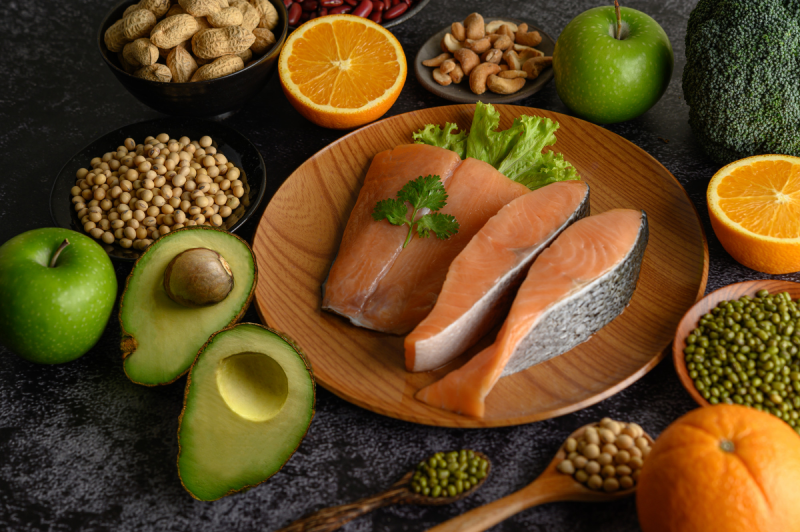Going back about 20 years, it seemed that the hot buzzword that was on everyone’s lips at that time was ‘fat free’. Back then, fat-free foods were suddenly springing up from nowhere, and was found everywhere. That fat-free trend, in our opinion, was a result of and contributing factor to this collective idea that eating fat meant being fat.
Since the fat-free revolution happened, modern nutritionists have learned a lot more about fats, and how the different kinds of fat impacts our health. Despite their findings, there are still many people that hold the aforementioned stigma about fats. Certain foods rich in nutrients, such as avocados, end up getting the brunt of the stigmatization, which is a shame, especially since completely avoiding fats can actually be counterproductive to health.
Why should you include fats in your diet?
Fats are essential for your body to function correctly; the real issue is making sure that you consuming the right kinds of fat – meaning monounsaturated and polyunsaturated fats – can prevent heart disease and aid in weight loss. The healthy types of fats found in seeds, nuts, oils and oily fish has been found to raise ‘good’ cholesterol (HDL) levels while reducing ‘bad’ cholesterol (LDL).
Aside from the benefits of healthy fats, it’s an dietary nutrient that is pretty satisfying. A little splash of oil on a salad, or snacking on nuts instead of chips give you that ‘full’ feeling longer, which means you be less inclined to snack again between meals.
Scientifically, fat allows our bodies to properly absorb essential nutrients, such as vitamins A, D, E, K, which in turn results in vitality and dietary balance.
You might be wondering what are considered to be the wrong types of fat. Avoid trans fats, which are found in processed foods, as well as in fast food. Trans fats were created to preserve food longer, but it doesn’t have the same effect of humans. Trans fats might keep that hot dog on the shelves longer, but ironically, eating that hot dog will end up shortening our lifespans.
Trans fats are on the bottom of the scale, and they’re the ones that should be eliminated from your diet. On the other hand, saturated fats – the kind found in butter, red meats, and whole fat dairy products – aren’t as detrimental as trans fats despite not being as healthy as unsaturated fat. As such, you should limit your daily saturated fats to no more than 10% of your total caloric intake.
To help you find your way around, and avoid buying foods that contain too much saturated or trans fat and over-processed products, DietSensor is an app that scans your food items and gives you two scores: the Nutrition-Score, which will indicate whether the food contains too much fat (and sugar or salt) in comparison to other products within the same shelf, and the NOVA Group, which on a scale of 1 to 4 classifies the degree of food processing. The impact that these scores has on our health when taken into consideration has been demonstrated in several scientific studies. To learn more, read our article on the subject.
Check back regularly as we continue to demystify nutrition, fitness and health.




